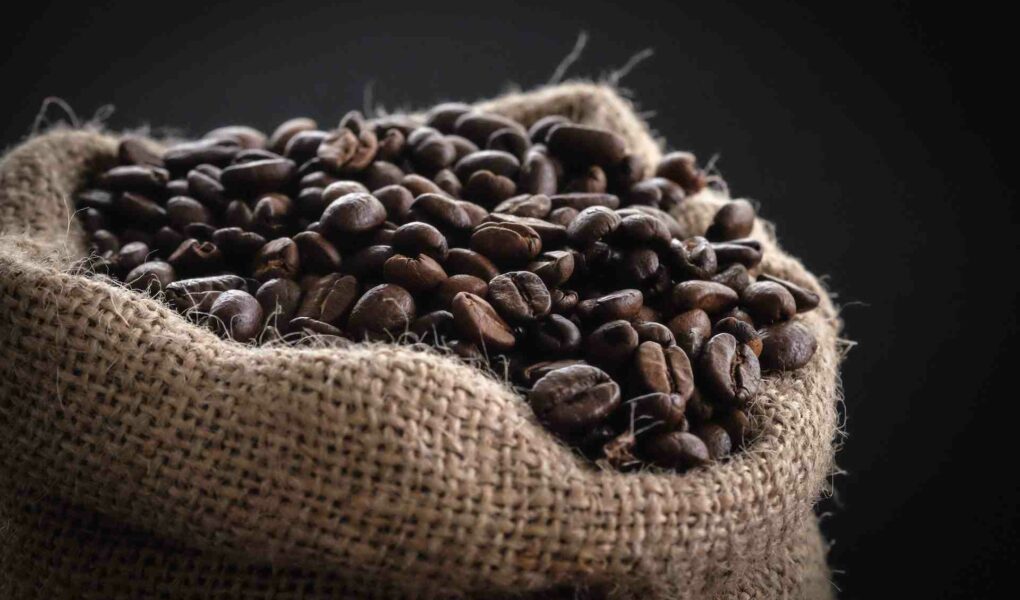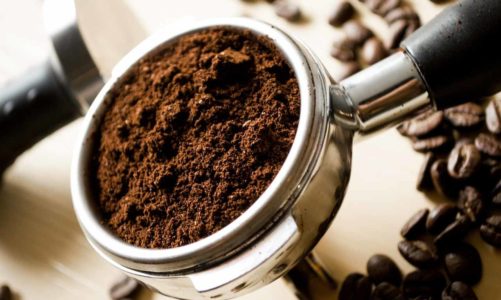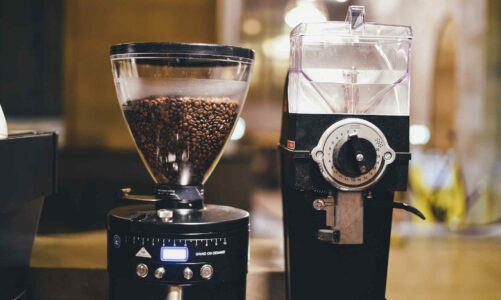To most people, coffee is just drink. To others, it’s a chance to experience unique flavors, aromas, and textures from around the world. One of the most unique ways to enjoy coffee is with specialty coffee. This isn’t just your average cup of joe; it’s coffee that stands out due to its high quality, unique flavors, and meticulous production process. Understanding what makes coffee “specialty” can elevate that morning cup to a whole new level. But what is specialty coffee? We are going to take a look at what specialty coffee is, its origins, and why it holds such significance for coffee enthusiasts around the world.
History of Specialty Coffee
The origins of specialty coffee can be traced back to the 1970s in the United States. As coffee consumption was on the rise, a few passionate individuals began to notice that not all beans were the same. They recognized that certain beans, when grown under specific conditions and processed with care, produced a cup of coffee that was exceptionally flavorful and unique.
One key figure in this movement was Erna Knutsen. She coined the term “specialty coffee” in a 1974 issue of Tea & Coffee Trade Journal. For Knutsen, specialty coffee was not just about the bean’s origin, but also about the relationships between farmers, traders, and roasters. She believed in the importance of transparency and fairness in the coffee trade, values that continue to shape the industry today.
Organizations also played a pivotal role in the development of specialty coffee. The Specialty Coffee Association (SCA), established in 1982, has been instrumental in setting quality standards, providing education, and fostering a global community of coffee professionals. Their efforts have helped to elevate the status of specialty coffee and ensure that it is produced to the highest standards.
Over the years, the specialty coffee movement has grown, driven by both consumer demand for better quality coffee and the dedication of those within the industry. From its humble beginnings in the 1970s to the global phenomenon it is today, specialty coffee has transformed the way we think about and enjoy this beloved beverage.
What Is Specialty Coffee?
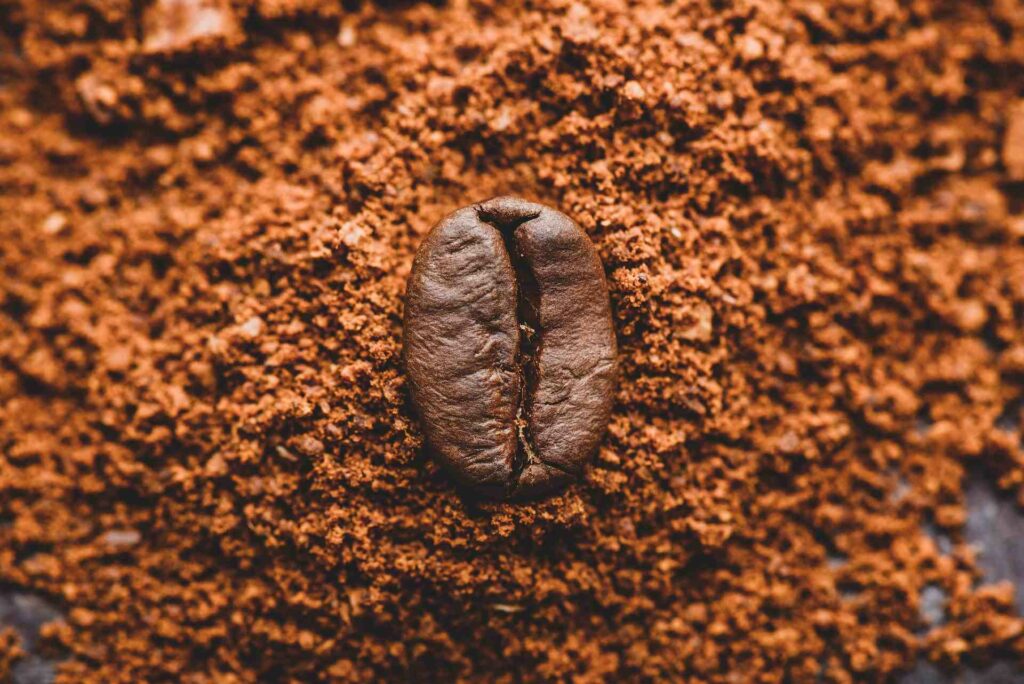
Specialty coffee refers to the highest grade of coffee beans that have been meticulously grown, harvested, and processed to ensure exceptional flavor profiles and qualities. Unlike commercial or traditional coffee, specialty coffee is evaluated by certified Q-graders who score it based on various criteria like aroma, flavor, aftertaste, acidity, body, and balance.
To be labeled as “specialty,” the coffee must receive a score of 80 or above on a 100-point scale. The term emphasizes sustainable farming practices, direct trade, fair compensation, and a commitment to improving the entire coffee production process to produce the finest cup of coffee.
Criteria for Specialty Coffee:
Origin: Specialty coffee beans are often single-origin, meaning they come from one location, whether it’s a specific country, region, or even a single farm. This traceability ensures the unique flavor profiles associated with different coffee-growing regions are preserved.
Cultivation: The conditions under which the coffee is grown play a significant role. This includes factors like altitude, soil quality, and climate. Specialty coffee farms often use sustainable and organic farming practices, ensuring both the quality of the bean and the health of the environment.
Processing: How the coffee cherries are processed after being harvested can greatly influence the flavor of the coffee. Whether it’s washed, natural, or honey-processed, each method brings distinct characteristics to the beans.
Freshness: Specialty coffee is typically roasted in smaller batches and consumed relatively quickly after roasting to maintain its unique flavors and aromas.
Grading System: Specialty coffee undergoes a rigorous grading system. Professional tasters, known as “cuppers,” evaluate the coffee on various aspects:
- Flavor and Aroma: The taste and smell of the coffee are analyzed to identify any unique or standout characteristics.
- Acidity: Not to be confused with the pH level, this refers to a bright, sparkly quality. A good specialty coffee will often have a noticeable and pleasant acidity.
- Body: This describes the weight or thickness of the coffee on the palate. It can range from light to full-bodied.
- Balance: No single trait should overpower the others. A well-balanced coffee will have a pleasing proportion of attributes.
- Defects: Any off-flavors or imperfections are noted. To be considered specialty, a coffee should have zero primary defects and only a minimal number of secondary ones.
Compared to regular coffee, which might not undergo detailed scrutiny, specialty coffee’s grading is more stringent. Regular coffee might be a blend from multiple locations, might not be as fresh, and could have more defects that are overlooked.
In essence, when you choose specialty coffee, you’re choosing a product that has been meticulously grown, processed, and evaluated to ensure the best possible cup.
The Journey of Specialty Coffee Beans
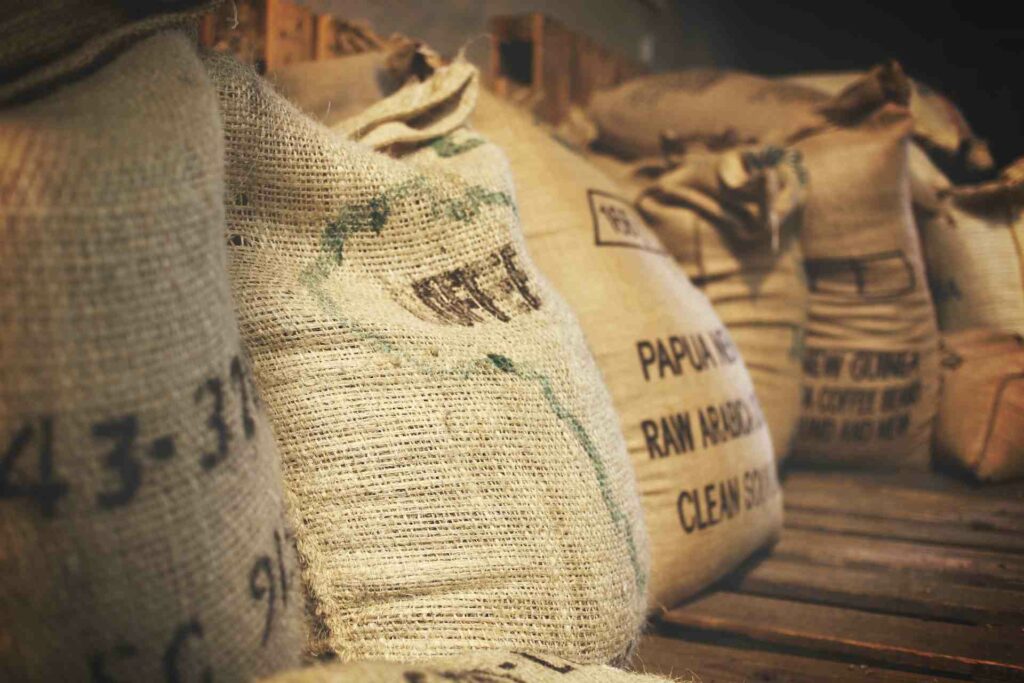
Specialty coffee’s journey combines the dedication and passion of countless individuals who ensure that every cup brewed is an experience. Let’s have a look at the path of these beans, from the farm to your cup.
From Farm to Cup: The Steps Involved
Cultivation: It all begins with the right conditions. Specialty coffee is often grown at higher altitudes, in volcanic soil, or in regions with distinct rainy and dry seasons. These conditions contribute to the unique flavor profiles of the beans.
Harvesting: Unlike mass-produced coffee, where machines might harvest all cherries regardless of ripeness, specialty coffee cherries are often hand-picked. This ensures only the ripest and best cherries are selected.
Processing: Once harvested, the cherries are processed to extract the beans. This can be done using various methods, such as washed, natural, or honey-processed, each imparting different flavors to the beans.
Drying: The beans are then dried, either in the sun or using mechanical dryers. Proper drying is crucial to prevent mold and other defects.
Milling: Once dried, the beans are hulled to remove any remaining layers of parchment or husk.
Grading and Sorting: Beans are then sorted by size and weight. They’re also checked for defects, ensuring only the best beans make the cut.
Roasting: This is where the magic happens. Roasting transforms the green coffee beans into the aromatic brown beans we’re familiar with. The roast profile, whether light, medium, or dark, can greatly influence the coffee’s flavor.
Brewing: Finally, the roasted beans are ground and brewed, bringing out the flavors and aromas that make specialty coffee so cherished.
The Role of Farmers in Specialty Coffee
Farmers are the unsung heroes of the specialty coffee world. Their knowledge, passed down through generations, is invaluable. They understand their land, the climate, and the unique characteristics of their coffee plants.
Their dedication to quality is evident in every step. From choosing the right coffee plants to plant, to understanding the optimal time for harvesting, to selecting the best processing method for their beans, farmers are constantly making decisions that impact the final flavor of the coffee.
Also, many specialty coffee farmers invest in sustainable farming practices, not just for the sake of the environment, but because they know that healthy soil and ecosystems produce the best coffee beans.
In the world of specialty coffee, the journey from farm to cup is a collaborative effort, with farmers playing an essential role. Their dedication ensures that every sip of specialty coffee is thoroughly enjoyed, and also an experience of their hard work and passion.
Taste and Aroma
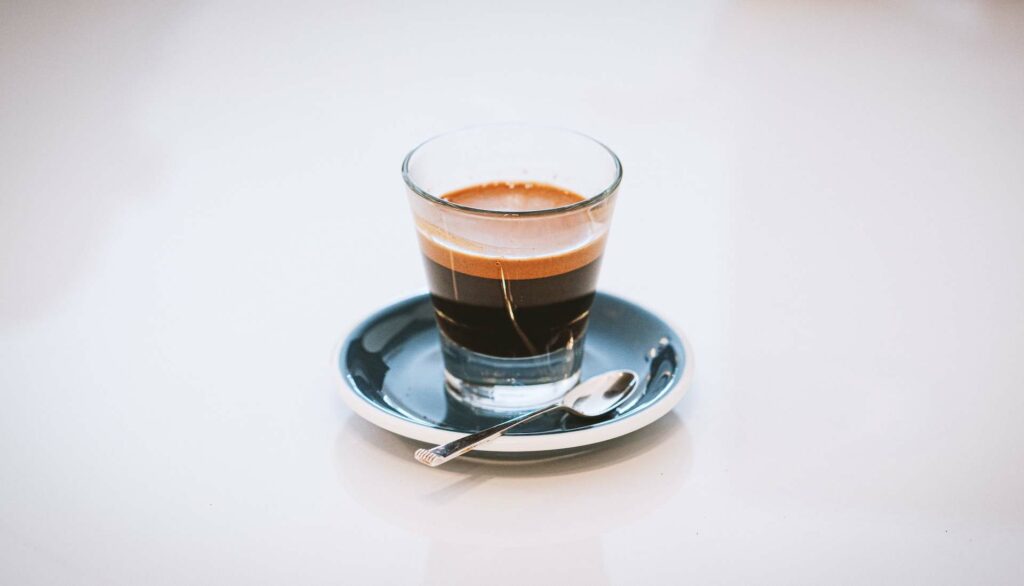
Specialty coffee is often compared to fine wine in terms of its depth, complexity, and range of flavors. But what makes it so distinct, and how do brewing methods play a role in bringing out these flavors?
How Specialty Coffee Stands Out in Terms of Flavor
Depth and Complexity: Unlike regular coffee, which might have a more uniform taste, specialty coffee can surprise you with a range of flavors in a single sip. From fruity notes like berries or citrus to earthy tones like wood or tobacco, the range is vast.
Clarity of Flavor: The distinct flavors in specialty coffee are clear and pronounced. If a bean is described as having a hint of caramel or a floral aroma, you’ll likely be able to identify that in your cup.
Aftertaste: Also known as the “finish,” the aftertaste of specialty coffee can be lingering and pleasant. It’s the flavor that remains after swallowing, and in good specialty coffee, this can be one of the most delightful aspects.
Balance: While the flavors are diverse, they’re well-balanced. No single taste overpowers the other, leading to a well-rounded cup.
The Importance of Brewing and How It Can Influence Taste
Making the perfect cup of coffee is like a science experiment where everything needs to be in a controlled range to produce the best output. Some of these factors can influence the taste of your specialty coffee:
Extraction: The way coffee is brewed can influence how flavors are extracted from the beans. Under-extraction can lead to sour flavors, while over-extraction can result in bitterness. The right brewing method ensures a balanced extraction.
Temperature: The water’s temperature can affect how flavors are released. Typically, specialty coffee is brewed at temperatures between 195°F to 205°F (90°C to 96°C).
Grind Size: The size of the coffee grounds can influence extraction. For instance, espresso requires a fine grind, while French press requires a medium/coarser grind. The wrong grind size can lead to either a weak or overly strong cup.
Brew Time: Depending on the method, brew time can vary. An espresso might take 25-30 seconds, while a cold brew could take 12-24 hours. The duration can influence the depth and strength of flavors.
Water Quality: Good quality water, free from impurities, ensures that nothing interferes with the coffee’s natural flavors.
How to Identify and Purchase Specialty Coffee
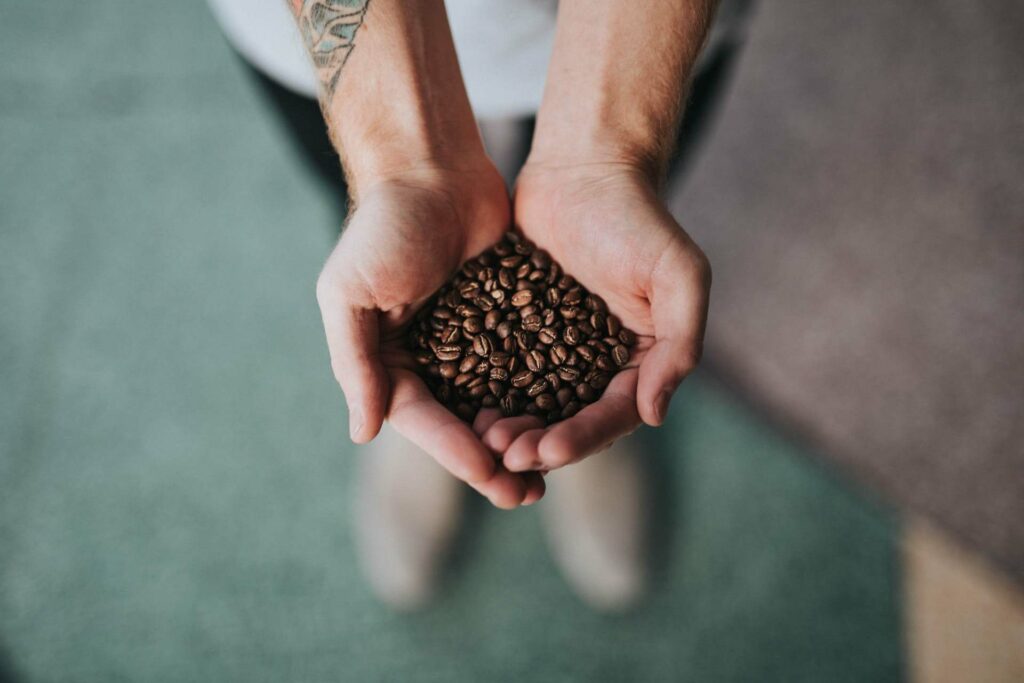
For those new to the world of specialty coffee, it can be a bit daunting to ensure you’re getting the genuine article. Here are some pointers to guide you:
Tips for Beginners
Research Roasters: Look for roasters known for their commitment to quality and ethical sourcing.
Sample Before Buying: Many specialty coffee shops offer tasting sessions or “cupping” events. This can be a great way to discover what you like.
Ask Questions: Don’t hesitate to ask baristas or shop owners about the coffee’s origin, processing method, or flavor profile. They’re usually more than happy to share.
Significance of Labels, Certifications, and Roasting Dates
Labels: These can provide information about the coffee’s origin, elevation, and processing method.
Certifications: Look for certifications like Fair Trade, Organic, or Rainforest Alliance. These indicate that the coffee meets specific ethical or environmental standards.
Roasting Dates: Specialty coffee is best consumed fresh. Check the roasting date on the package. Ideally, you’d want to consume the coffee within a month of this date for the best flavor.
By being informed and attentive, you can ensure that your journey into specialty coffee is both rewarding and authentic.
FAQ
What exactly is “specialty coffee”?
Specialty coffee refers to coffee that has been graded and scored above 80 points (out of 100) by professional coffee tasters. It stands out due to its high quality, unique flavors, and meticulous production process.
How is specialty coffee different from regular coffee?
While regular coffee might be a blend from multiple locations and might not undergo detailed scrutiny, specialty coffee is often single-origin and is graded more stringently. It’s known for its unique flavors, traceability, and often sustainable farming practices.
Why is specialty coffee more expensive?
The price reflects the care and attention given at every stage, from cultivation to processing. Farmers are often paid a fairer wage, and sustainable farming practices can be more labor-intensive.
How should I store my specialty coffee beans?
Store them in an airtight container, away from light, heat, and moisture. It’s best to keep them in a cool, dark place. Avoid refrigerating or freezing coffee as it can affect the flavor.
What’s the best way to brew specialty coffee?
There’s no one-size-fits-all answer. The best method depends on your taste preference. Whether it’s a French press, pour-over, or espresso, it’s essential to use the right grind size and water temperature to extract the best flavors.
What do terms like “single-origin” and “direct trade” mean?
“Single-origin” means the coffee beans come from one location, be it a specific country, region, or farm. “Direct trade” refers to roasters buying directly from farmers, ensuring more transparent and often fairer transactions.
How can I learn more about the flavors in my coffee?
Participate in coffee cupping sessions or tasting events. These are great opportunities to sample different coffees and learn about their flavor profiles.
Are there certifications I should look for when buying specialty coffee?
Certifications like Fair Trade, Organic, or Rainforest Alliance can indicate ethical or environmental standards. However, not all high-quality specialty coffees will have these certifications, so it’s also essential to research the roaster and their sourcing practices.
Does the roast level (light, medium, dark) indicate the quality of specialty coffee?
No, the roast level is more about flavor preference. Some beans might taste better with a light roast, preserving their unique flavors, while others might shine with a medium or dark roast.
Can I find specialty coffee at my local supermarket?
While specialty coffee is often associated with independent coffee shops or roasters, its growing popularity means it’s increasingly available in supermarkets. However, always check the roasting date and any information about its origin to ensure its quality.

